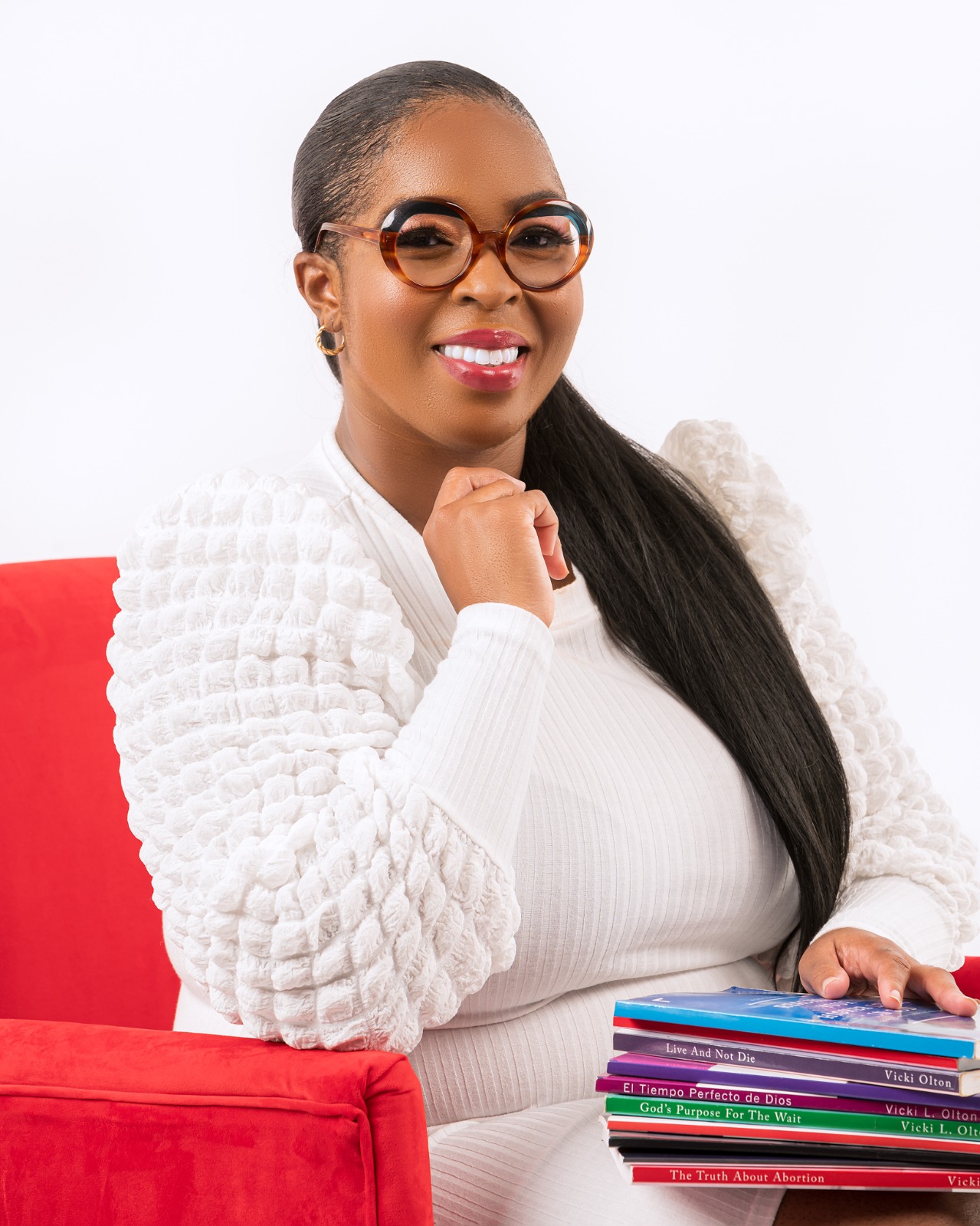 Dr. Vicki L. Otaruyina
Dr. Vicki L. Otaruyina
Have
you ever sat in a meeting and watched a brilliant idea die in silence, not
because it lacked merit, but because the person behind it couldn’t find the
courage to speak?
I have. And sadly, it’s far too common across Africa.
In our push for development, we’ve invested in infrastructure, digital innovation, and education. But we’ve largely ignored something equally crucial, confidence. And it’s costing us dearly.
This truth hit home recently when I read an article by Tolulope Ekwe, a Nigerian-born international public speaker, coach, and author who’s on a bold mission to change this narrative. In her words, “Africa doesn’t lack talent. It lacks amplified voices.”
Tolu is not just talking from a place of theory—she’s lived it. Once invisible, timid, and afraid to speak up, she has transformed her life through coaching and intentional personal growth.
Today, she’s coached over 200 professionals, women, and couples across Nigeria and beyond. Her platform, The Confident Speaker Bootcamp, and her bi-monthly Marriage Series on LinkedIn Live have touched thousands.
What struck me most was how she links this work to the UN Sustainable Development Goals (SDGs)—something we often assume is only about poverty reduction or climate action. But SDG 4 (Quality Education), SDG 5 (Gender Equality), and SDG 3 (Good Health & Wellbeing) are all deeply affected by whether people can express themselves with clarity and courage.
Let’s be honest: our education systems rarely teach public speaking or emotional intelligence. Our workplaces don’t often reward assertive but compassionate communication. And our culture—beautiful as it is—sometimes tells women, youth, or introverts to “know their place.”
But what if we taught our youth not just how to code, but how to communicate ideas persuasively? What if our women professionals were given not just access to leadership but the tools to lead with confidence? What if couples in crisis were taught to speak—speak—to each other, not just coexist?
That’s the space where Tolu Ekwe thrives.
She describes confidence not as a luxury, but as a “non-negotiable survival skill.” I agree. Whether it’s a woman pitching her startup in Nairobi, a teacher motivating students in Kisumu, or a couple navigating a tough season in Lagos, voice matters. And when voices go unheard, potential dies quietly.
Tolu’s African-grounded, spiritually rich approach respects faith, family, and cultural nuance, making it not just effective but relatable. Her coaching doesn’t westernise our problems; it dignifies them. And her recent novel, Raging Waters, co-written with her husband, even tackles marriage and infidelity from an emotionally raw, yet redemptive lens.
So why should Kenya—and Africa—pay attention?
Because we need a generation of leaders who aren’t just technically skilled, but emotionally resilient. Who can pitch ideas, mediate conflict, and inspire change, not with volume, but with presence.
In a continent where opportunity and inequality walk side by side, the ability to communicate might just be the ultimate equaliser.
So, here’s my challenge: If you’re in a position of influence—whether in education, corporate leadership, ministry, or community development—invest in building voice. And if you don’t know where to start, reach out to people like Tolu Ekwe. Her work is proof that when people find their voice, they don’t just speak—they lead.
Because
Africa doesn’t just need more schools, roads, or policies. It needs more
confident voices.
Connect with her at [email protected] or explore her work at www.toluekwe.co.











